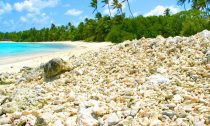
Broken fragments of coral reef may look like nothing more than litter on the beach or seafloor, but coral rubble can support more animals than living corals, according to researchers at the University of Queensland.
Study lead author Dr. Kenny Wolfe said that reef rubble habitat, which is often overlooked as desolate, unattractive, and “dead,” is very much alive.
“When people think of coral reefs they often think of larger invertebrates that are easily found, such as sea cucumbers, starfish and giant clams,” said Dr. Wolfe. “But interestingly, dead coral rubble supports more of what we call ‘cryptic’ animals than live coral.”
“Cryptic animals are simply hidden creatures, that include tiny crabs, fishes, snails and worms – all of which hide in the nooks and crannie...
Read More

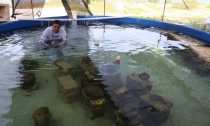
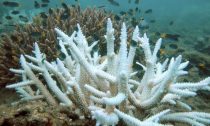
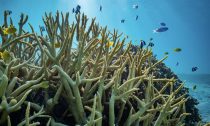
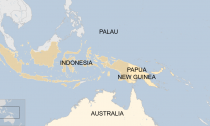
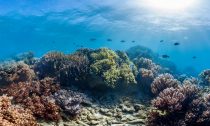
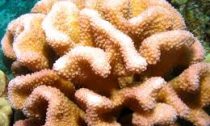
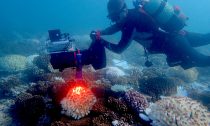
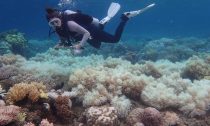
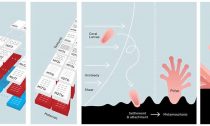


Social Profiles